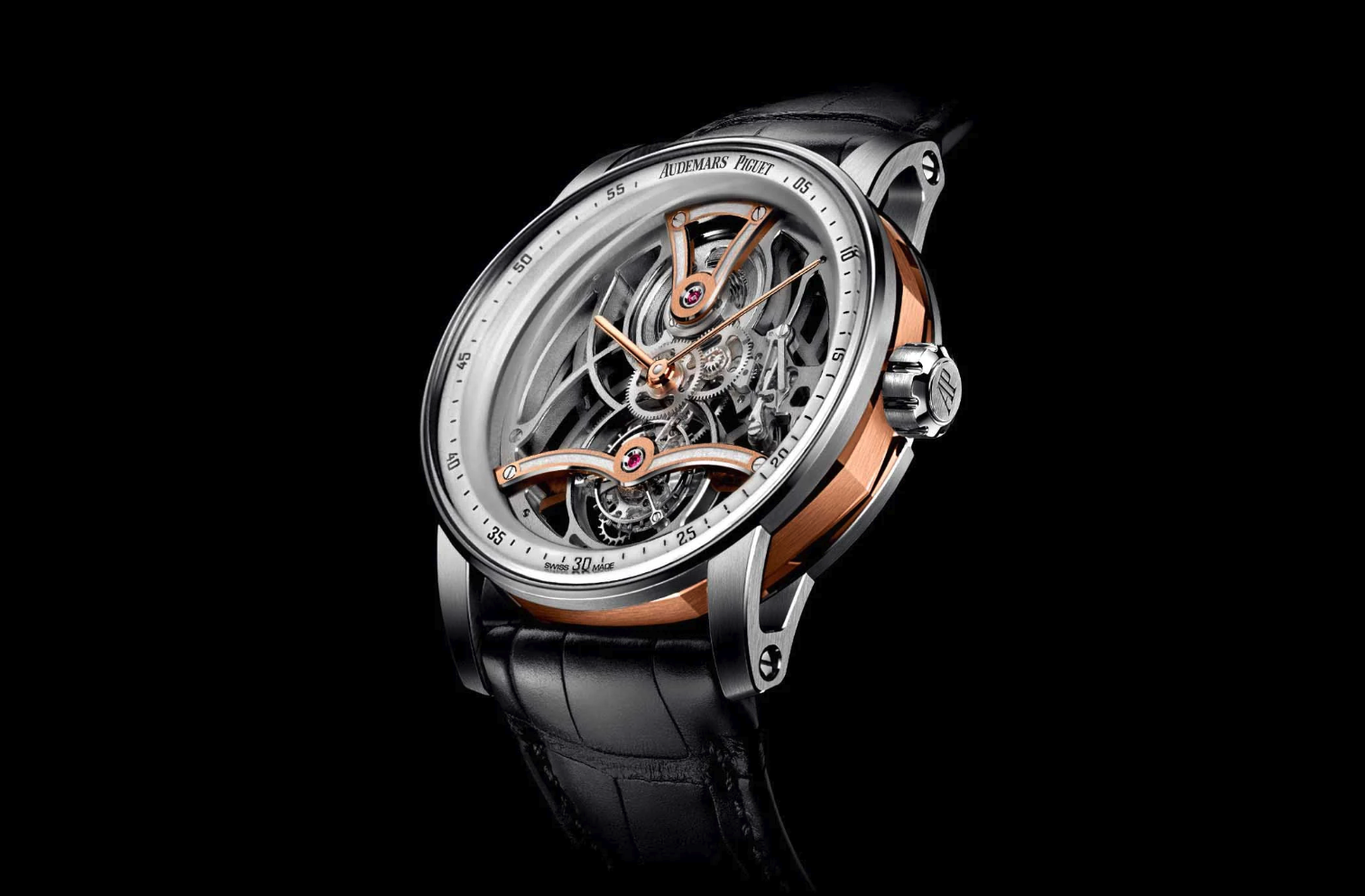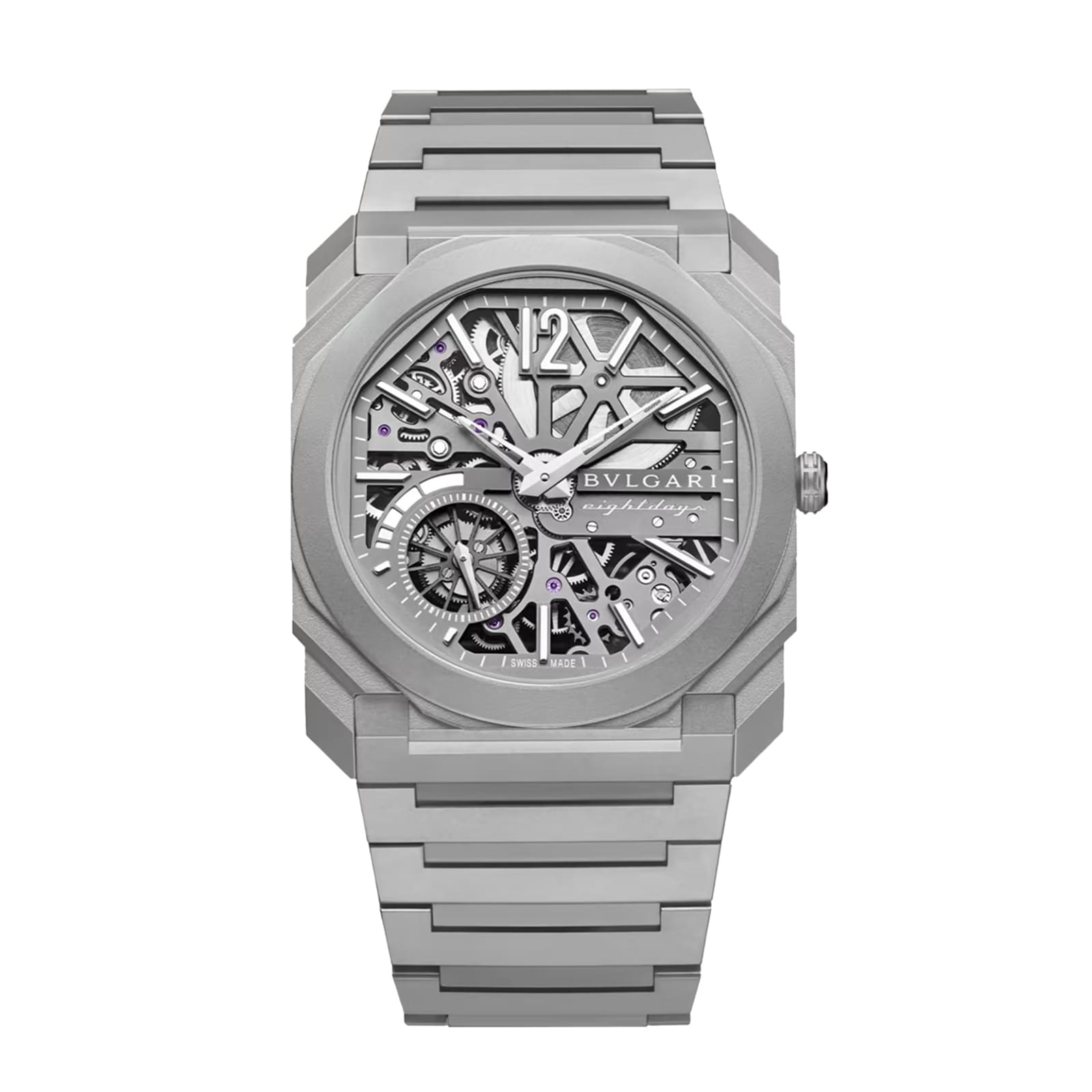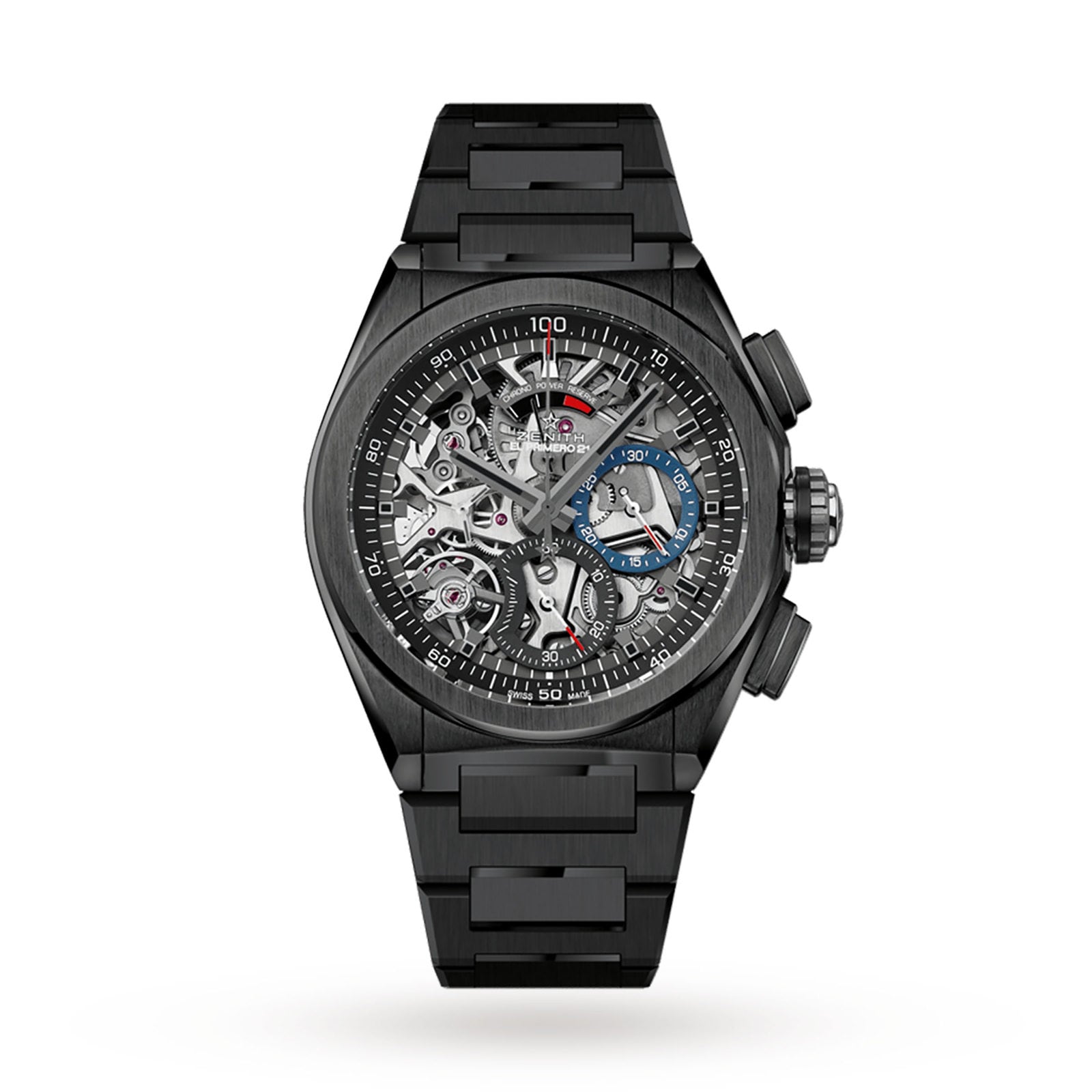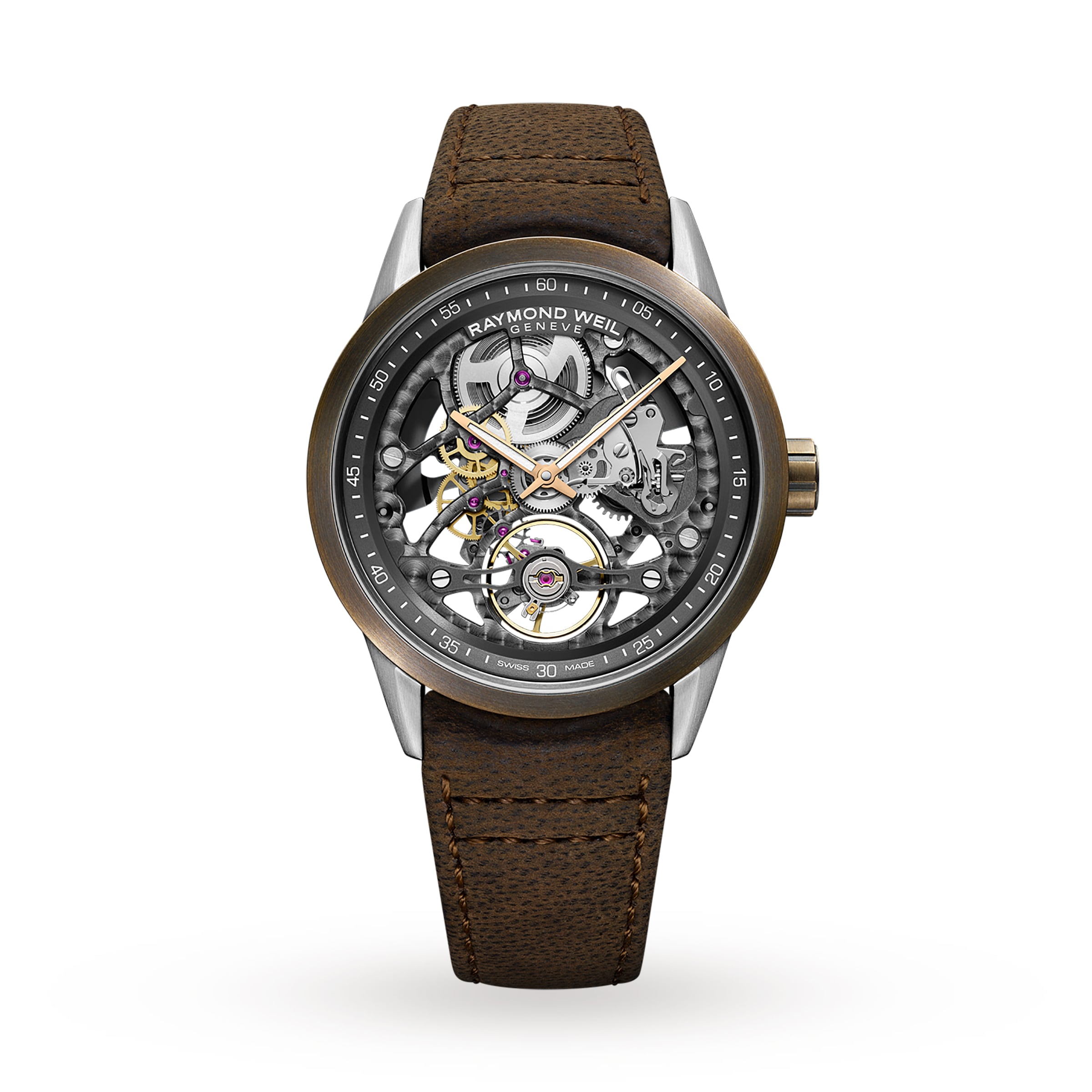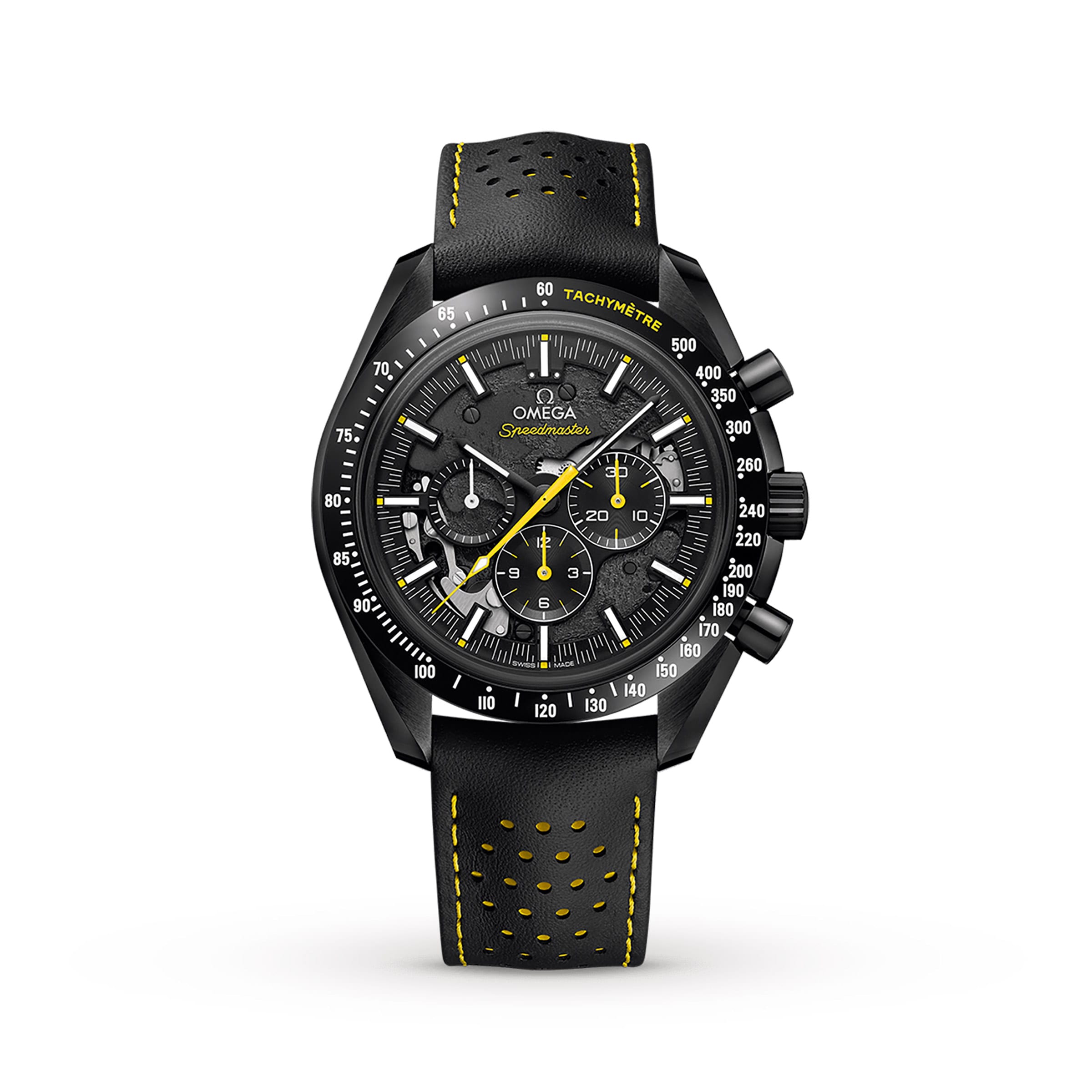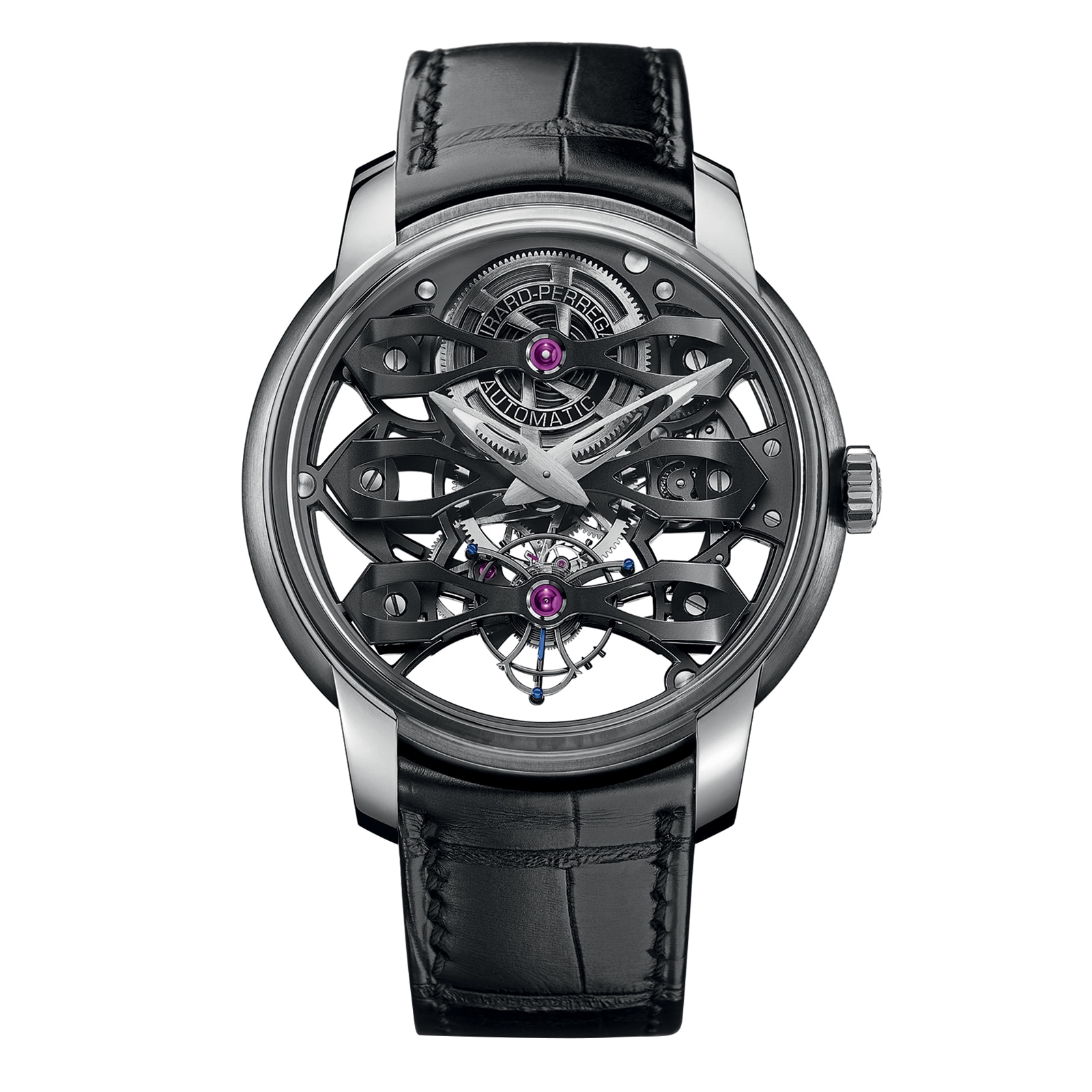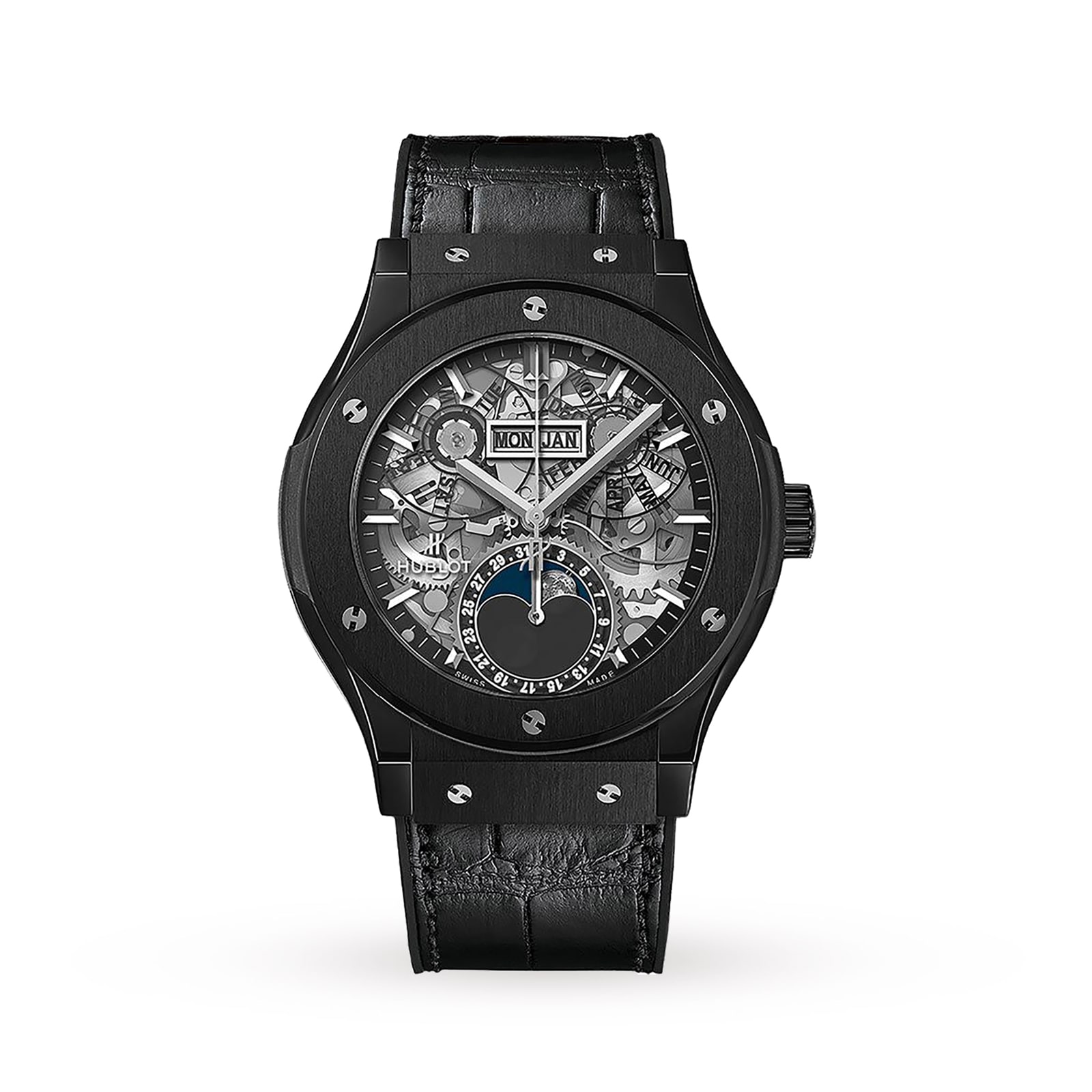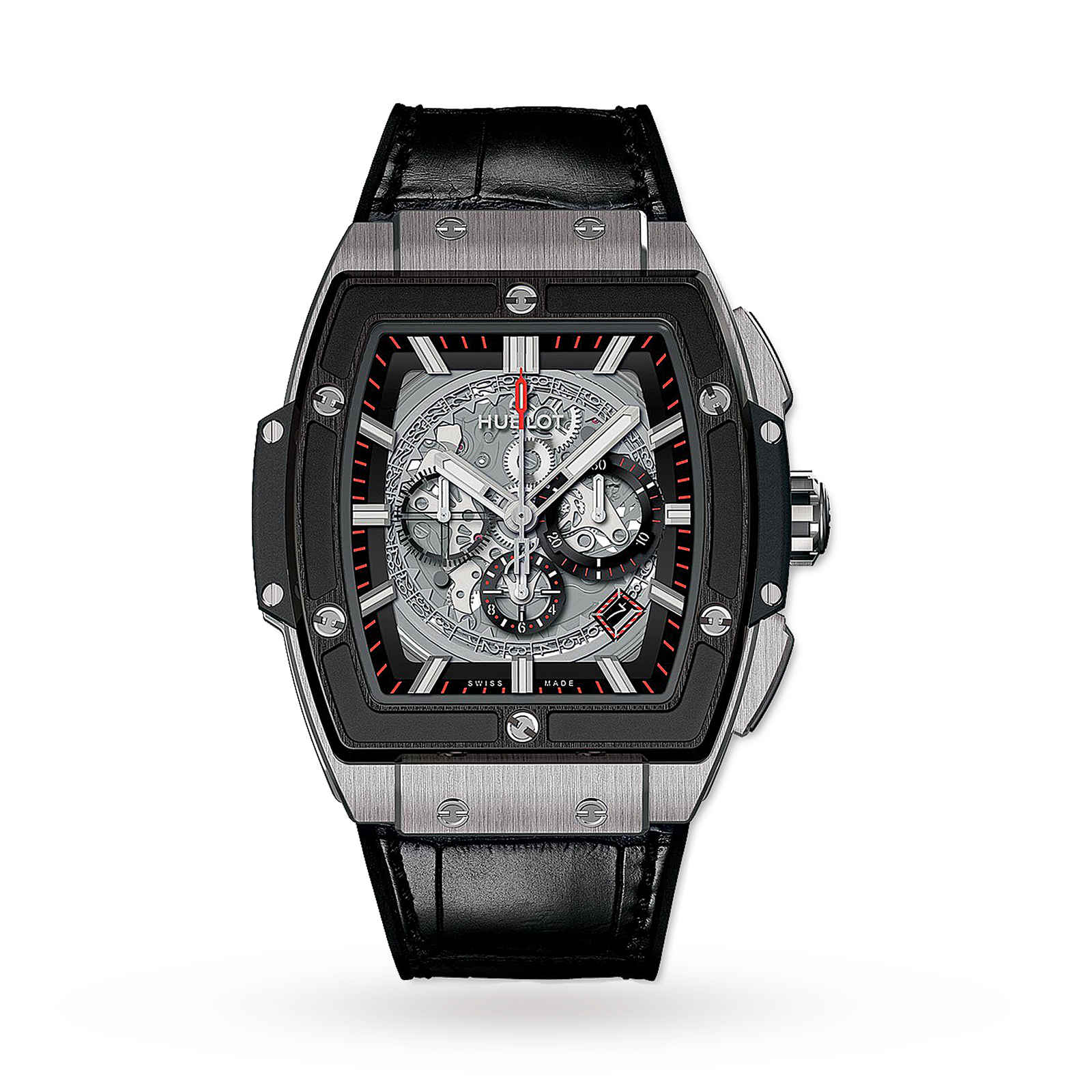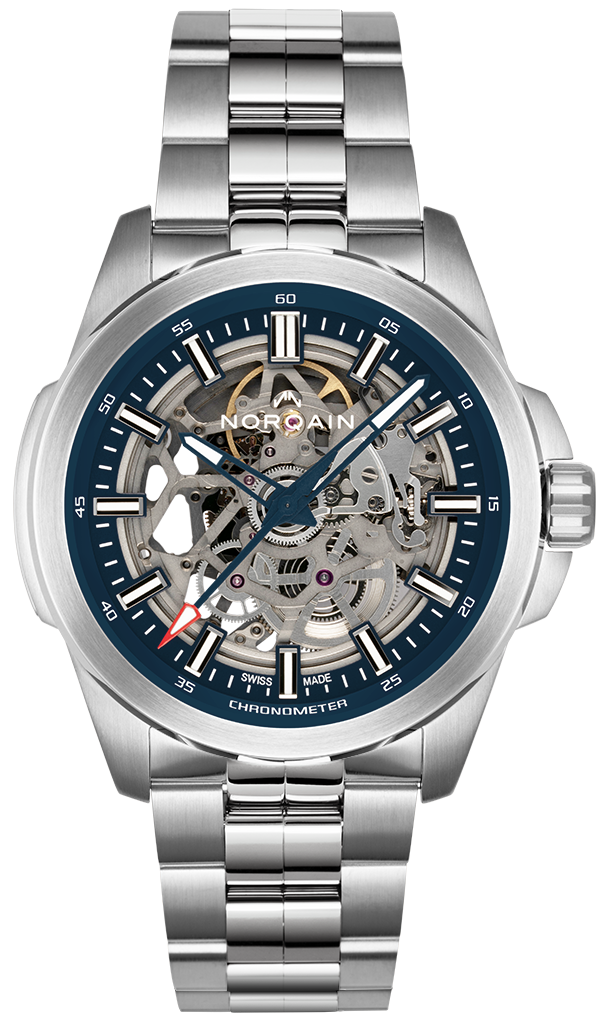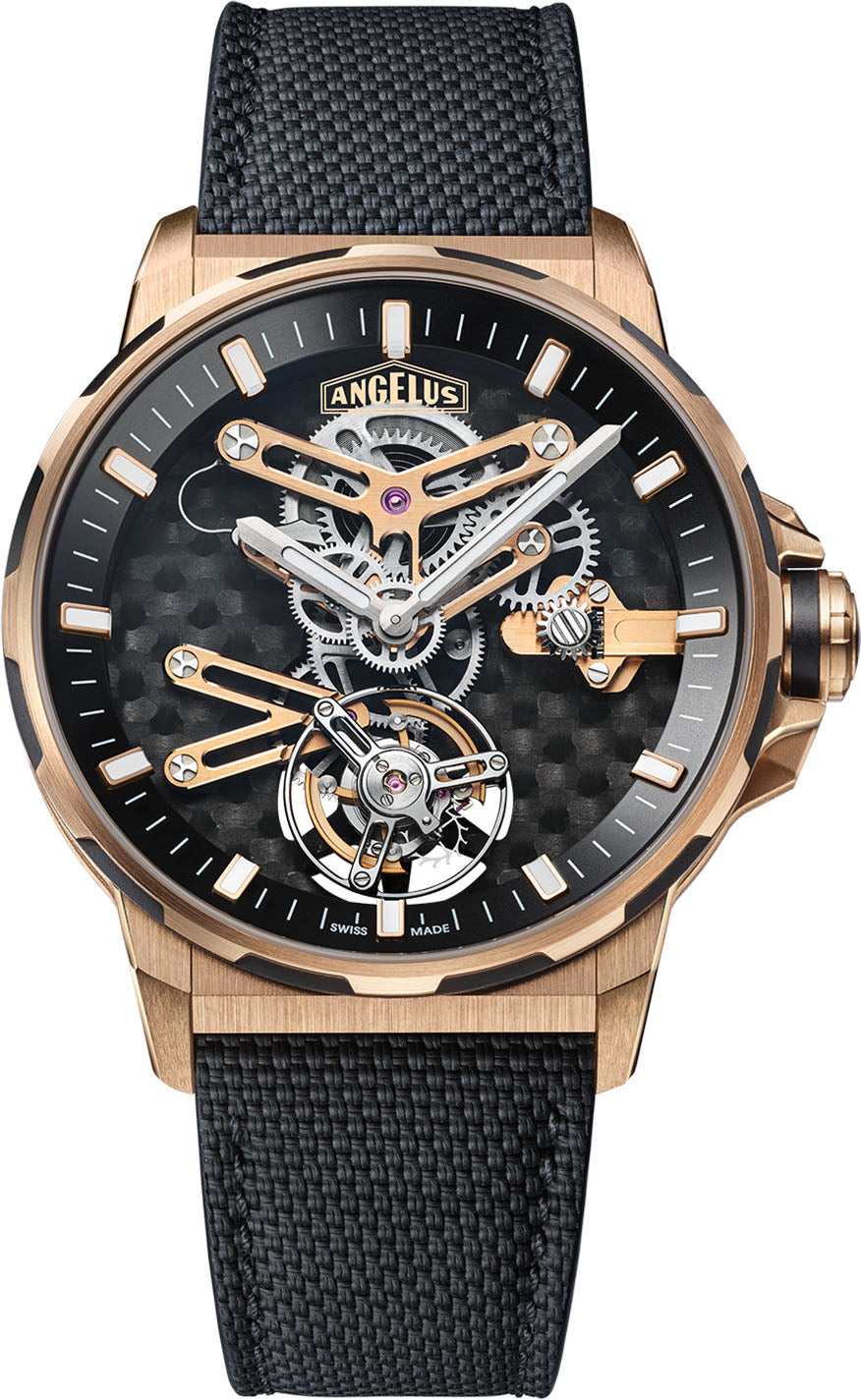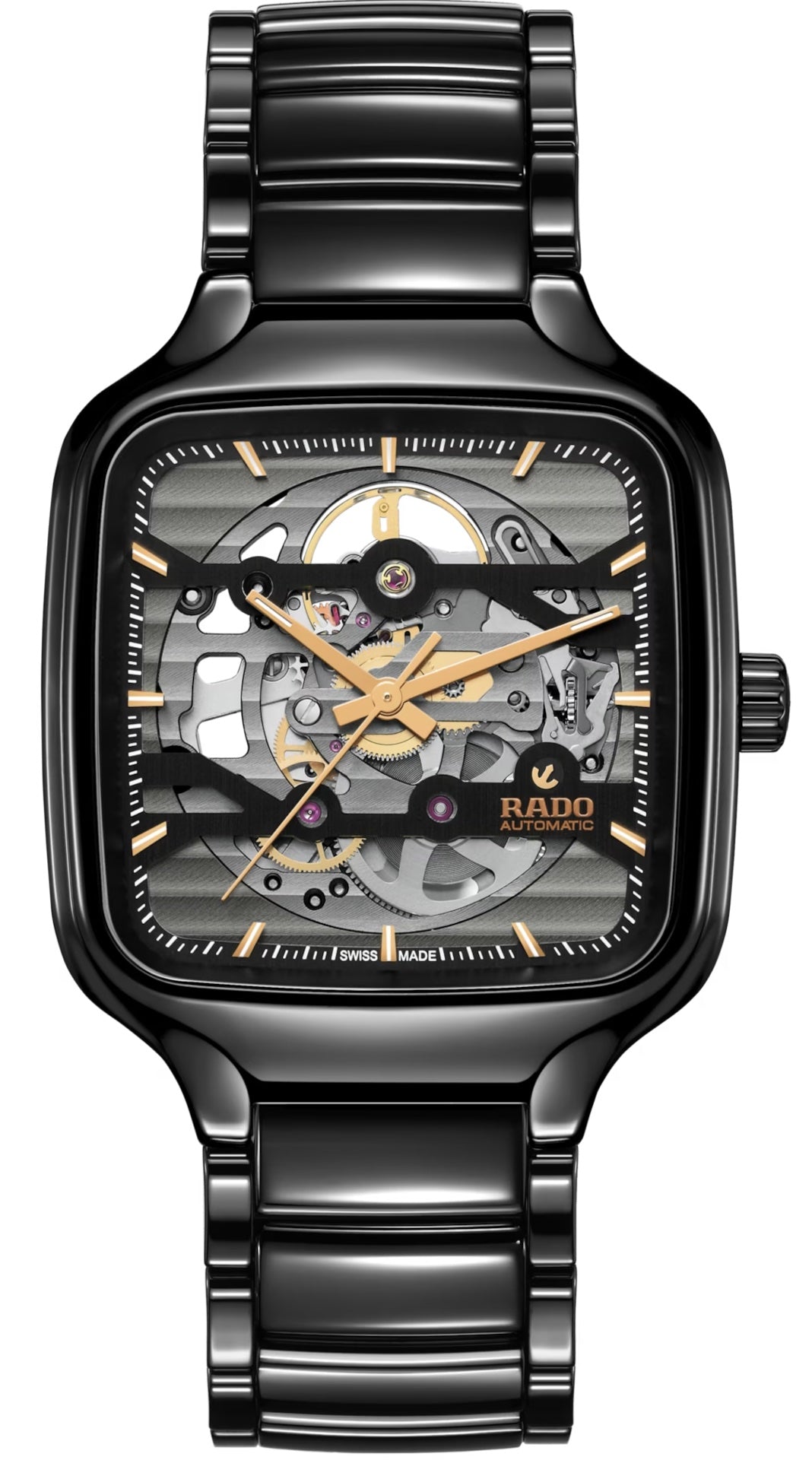Openworked watches, also known as skeleton watches, are a mesmerising blend of art and engineering. By revealing the intricate inner workings of the timepiece, these watches offer a captivating glimpse into the heart of horology. In this blog post, we’ll explore what makes openworked watches unique, their history, and why they are cherished by watch enthusiasts and collectors alike.

The Beauty of Transparency
Openworked watches stand out because of their transparent dials and see-through case backs that showcase the intricate mechanics inside. Unlike traditional watches, where the movement is hidden, skeleton watches expose the gears, springs, and escapement, turning the watch into a miniature mechanical marvel. This transparency not only enhances the visual appeal but also celebrates the craftsmanship and precision of watchmaking.
History and Evolution
The concept of openworked watches dates back to the 18th century when watchmakers began experimenting with skeletonizing movements to demonstrate their technical prowess. These early skeleton watches were often one-of-a-kind creations made for royalty and the elite. Over time, advancements in watchmaking technology have allowed more brands to produce openworked watches, making them accessible to a wider audience.
Masterful Craftsmanship
Creating an openworked watch requires exceptional skill and artistry. Watchmakers meticulously remove excess material from the movement to expose the essential components while ensuring the watch’s functionality and durability. This delicate process, known as skeletonization, involves hand-engraving and finishing techniques that can take hundreds of hours to complete. The result is a breathtaking display of mechanical beauty and craftsmanship.
Unique Features
- Aesthetic Appeal: The visual allure of openworked watches is undeniable. The intricate, lace-like patterns of the exposed movement create a dynamic and ever-changing interplay of light and shadows. Each glance reveals new details, making the watch a constantly evolving piece of art.
- Mechanical Ingenuity: By showcasing the inner workings, openworked watches highlight the complexity and ingenuity of mechanical watchmaking. Enthusiasts can observe the balance wheel oscillating, the gears meshing, and the mainspring unwinding, gaining a deeper appreciation for the mechanics of timekeeping.
- Personal Connection: Wearing an openworked watch creates a unique connection between the wearer and the timepiece. The visible movement serves as a constant reminder of the meticulous craftsmanship and centuries-old traditions that go into creating each watch.
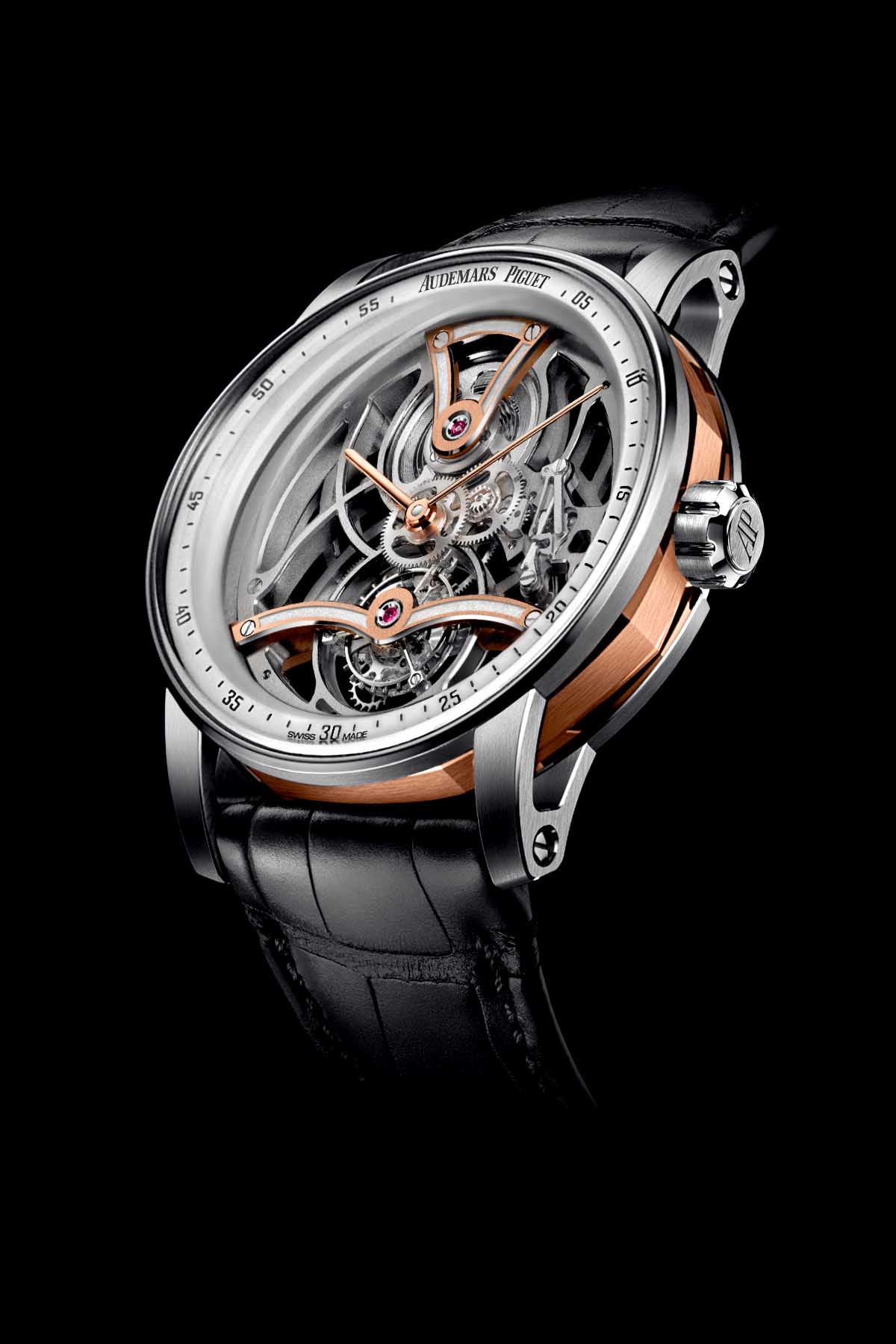
Popular Openworked Watches:
- Audemars Piguet Royal Oak Double Balance Wheel Openworked: Combining the iconic design of the Royal Oak with a beautifully skeletonized movement, this watch is a testament to Audemars Piguet’s innovation and craftsmanship.
- Vacheron Constantin Traditionnelle Skeleton: Known for its exquisite finishing and detailed engraving, the Traditionnelle Skeleton showcases Vacheron Constantin’s mastery in creating openworked timepieces.
- Hublot Classic Fusion Aerofusion: Hublot’s modern take on skeleton watches features bold design elements and innovative materials, making it a standout piece in any collection.
- Cartier Santos-Dumont Skeleton: This elegant watch from Cartier combines the brand’s signature style with a skeletonized movement, offering a sophisticated and refined openworked timepiece.
Openworked watches are a celebration of horological artistry and mechanical mastery. Their unique ability to reveal the intricate inner workings of a timepiece makes them a favorite among watch enthusiasts and collectors. Whether you’re drawn to their aesthetic beauty, mechanical ingenuity, or the personal connection they offer, openworked watches are a timeless addition to any collection. Embrace the charm of transparency and discover the captivating world of skeleton watches.
Openworked Watches
